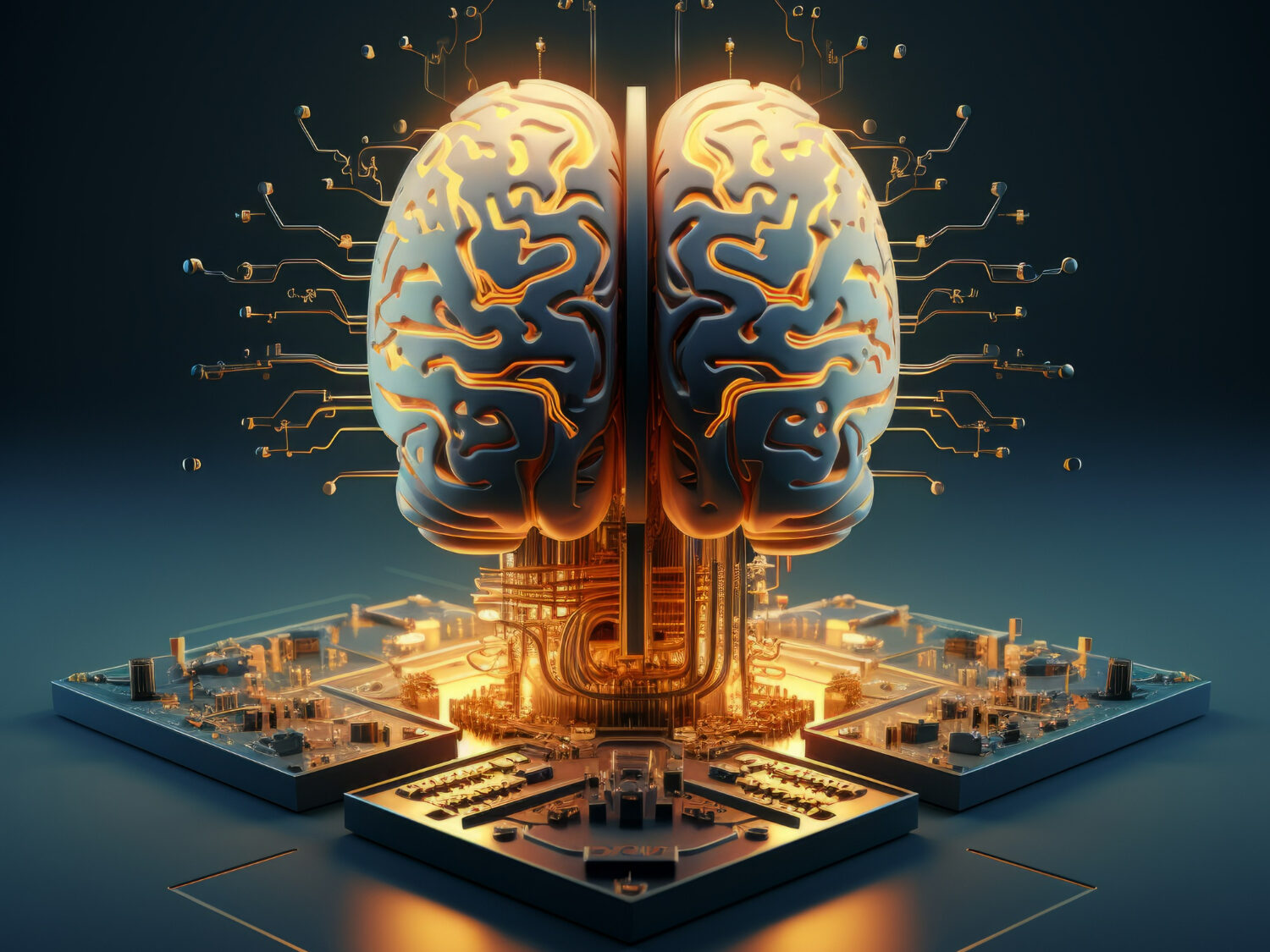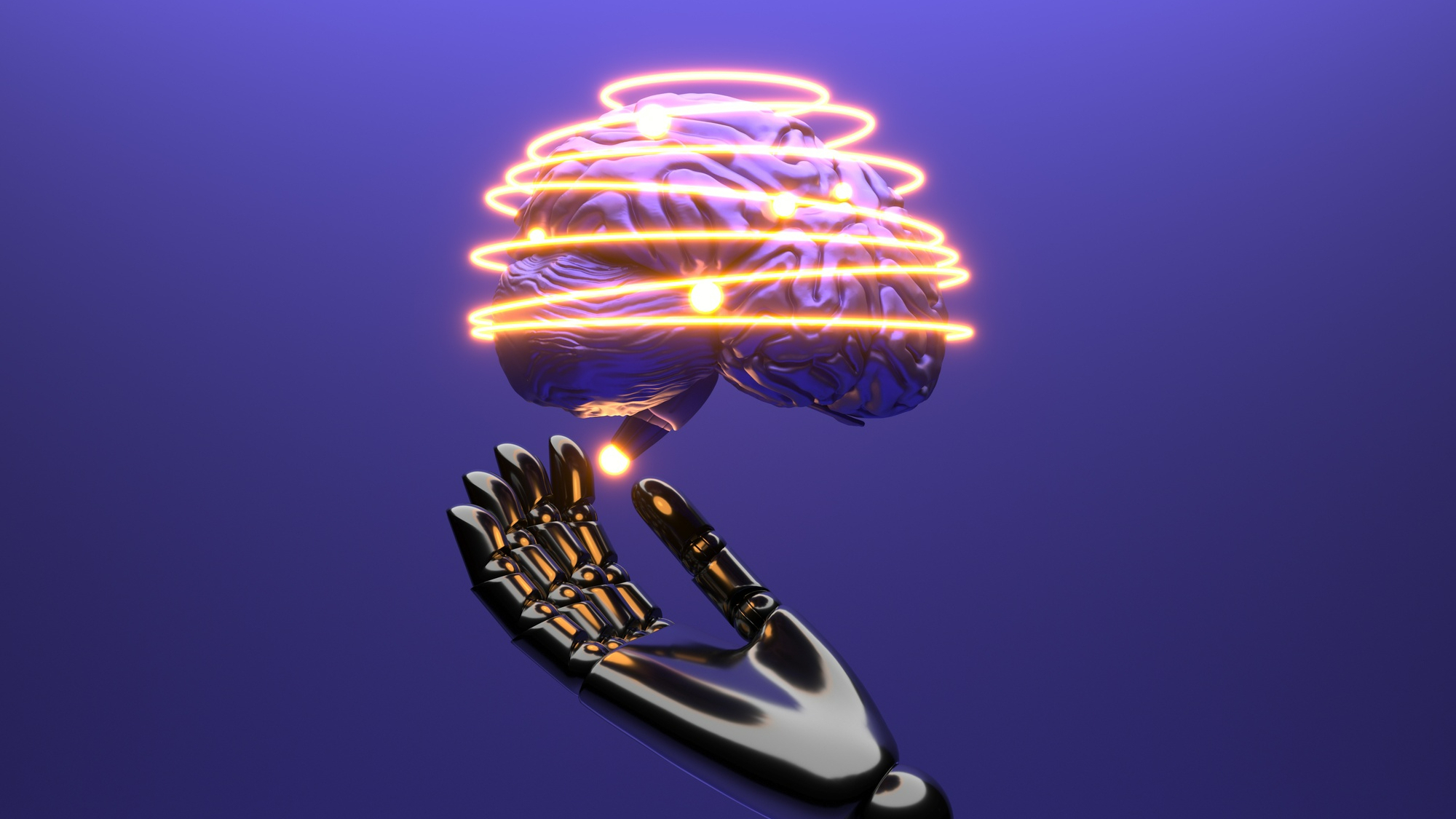OpenAI, a leading player in the artificial intelligence (AI) industry, has introduced a long-term memory feature to its popular ChatGPT chatbot. The new feature, simply known as Memory, will allow ChatGPT to remember user-specific details across multiple conversations and use them to provide personalized responses. This development, originally reported by Wired, signifies the ongoing evolution of AI chatbots towards becoming more interactive, personalized, and efficient in their interactions.
Unlike the human brain, the internet has an almost infinite capacity to store and recall information. Consequently, tech companies have been exploring ways to use this capability to reduce the cognitive load on users. The introduction of virtual assistants and chatbots was a step in this direction, providing users with tools that could remember and remind them of important details. OpenAI’s latest update to ChatGPT takes this a step further, making the internet less of a repository and more of a conversation layer.
Previously, users could provide ChatGPT with custom instructions, and the chatbot would use this information to shape its responses within a particular conversation. However, this information would not carry over to subsequent chats. The Memory feature changes this, allowing ChatGPT to retain details about a user’s preferences, work, and personal life across multiple conversations.
The feature works by picking up and storing details from ongoing conversations, even if the user does not explicitly instruct the chatbot to remember something. This function works across both the free (ChatGPT 3.5) and the paid (ChatGPT 4) versions of the service. For example, if a user mentions they prefer using Python for coding, ChatGPT will remember this preference and use it to shape its responses in future conversations.
However, OpenAI has ensured that the Memory feature is an opt-in service, meaning users can choose whether or not to activate it. Users can wipe the Memory at any point, either through the settings or by instructing the bot to do so. Once cleared, the information stored in the Memory will not be used to train the AI model. However, turning off the Memory feature does not stop the conversation from being used to train OpenAI’s model. This is a separate opt-out.
In terms of sensitive information, OpenAI has put measures in place to protect user privacy. The Memory feature will not store certain personal details, such as passwords or Social Security numbers. The company is also considering whether other personally identifiable information, like a user’s ethnicity, should be automatically recorded.

While this new feature offers several benefits, it also raises potential issues. For instance, there might be instances where a user forgets that they shared sensitive information with the chatbot, only to have it brought up in a later conversation. OpenAI spokesperson, Niko Felix, acknowledged this issue, stating that steering ChatGPT away from remembering certain health details is still a work in progress.
OpenAI is not the first company to experiment with memory in generative AI. Google’s Gemini 1.0, an AI chatbot, also has a multi-turn technology that allows it to remember the context of previous messages. Similarly, LangChain, an AI framework company, has been developing a Memory module that helps large language models recall previous interactions.
The introduction of memory in AI chatbots is a major step towards making human-computer interaction feel more natural and fluid. As these technologies continue to evolve, they will likely play a crucial role in businesses and personal communication, offering personalized, efficient, and interactive communication.

